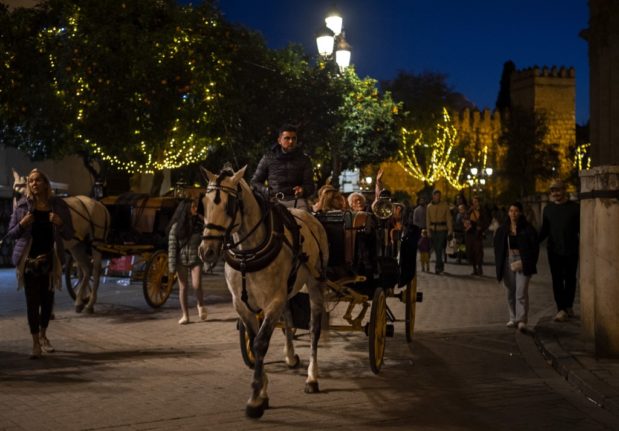Christmas Eve and Christmas Day fall on a Sunday and a Monday respectively in 2023.
So it’s only logical that you may be wondering if that means you won’t get to enjoy an extra day off work this Christmas.
Have Spanish officials decided to make Monday December 26th a holiday instead to make up for it?
As often happens on these occasions when public holidays fall on weekends, it’s up to regional governments to decide whether to offer its citizens a puente (long weekend) instead, or choose a regional holiday for another date in the calendar.
In 2023, Tuesday December 26th will only be a regional holiday in Catalonia (except in the Valle de Arán) and in some municipalities in the Balearic Islands.
READ ALSO: How to make the most of Spain’s public and regional holidays in 2023
Boxing Day isn’t the same in Spain as it is in the UK or other Commonwealth countries; it’s not referred to as that and it’s not a shopping holiday.
What is celebrated on December 26th in Catalonia and the Balearic Islands is Saint Stephen’s Day, known as well as the Feast of Saint Stephen.
The reason why it’s mainly a Catalan celebration is that in the 9th century Catalonia formed part of the Carolingian empire, originally founded by Charlemagne, which had different Christian celebrations to Visigothic Spain.
December 26th was chosen as a non-working day in order to give family members time to return home after enduring long journeys to see their loved ones on Christmas Day.
Nowadays, it’s traditional to eat cannelloni in Catalonia to mark the occasion, but Sant Esteve isn’t such a big deal among Catalans as other regional holidays.



 Please whitelist us to continue reading.
Please whitelist us to continue reading.
Member comments